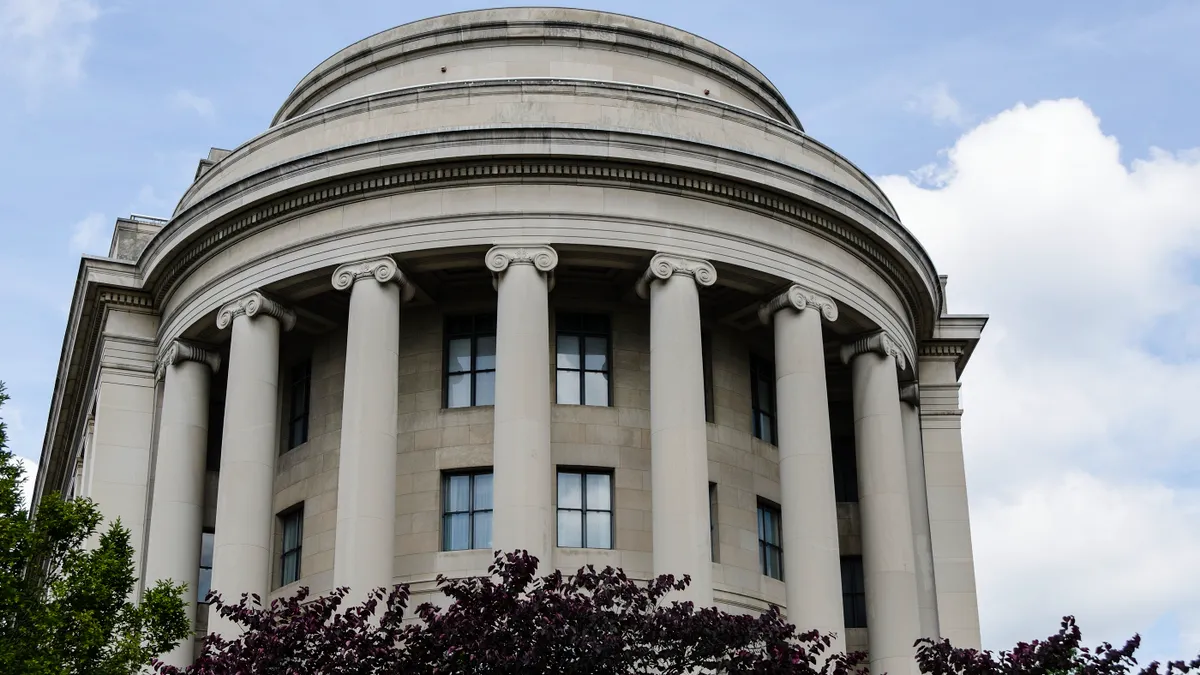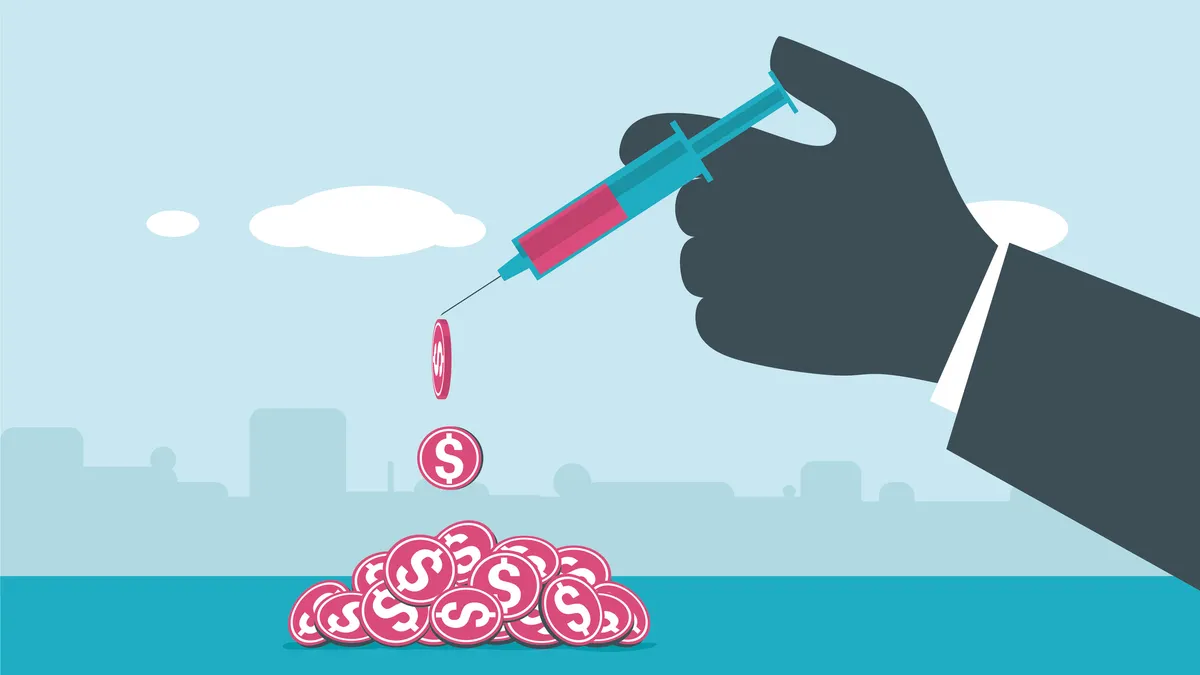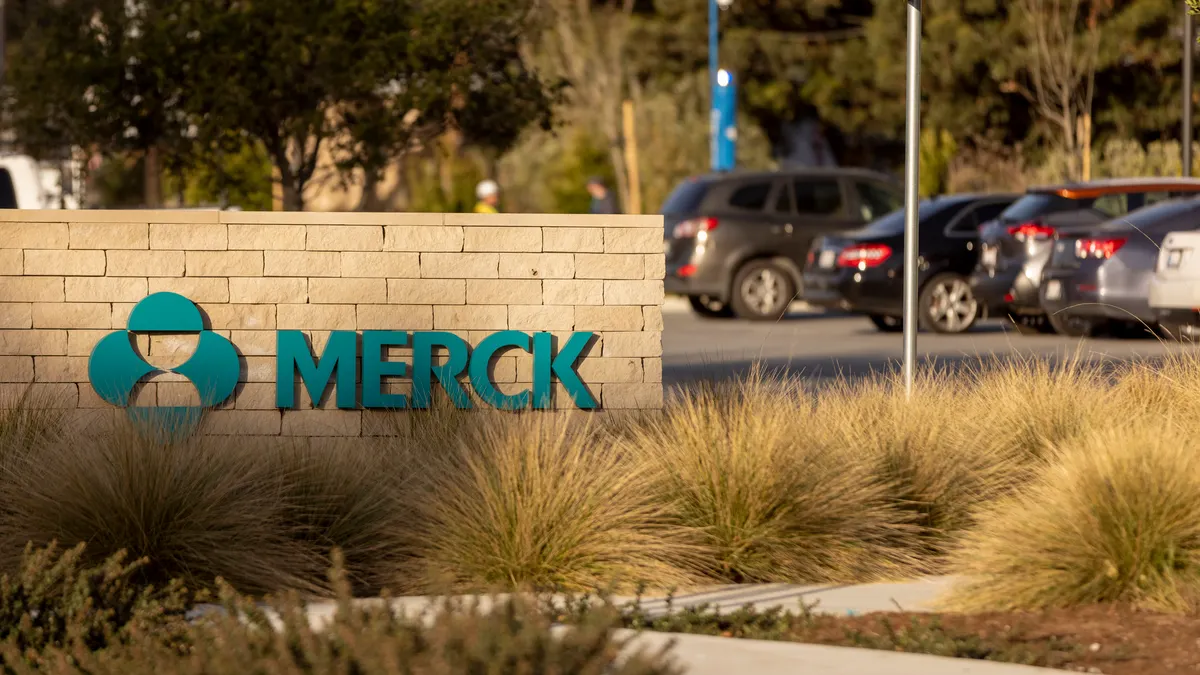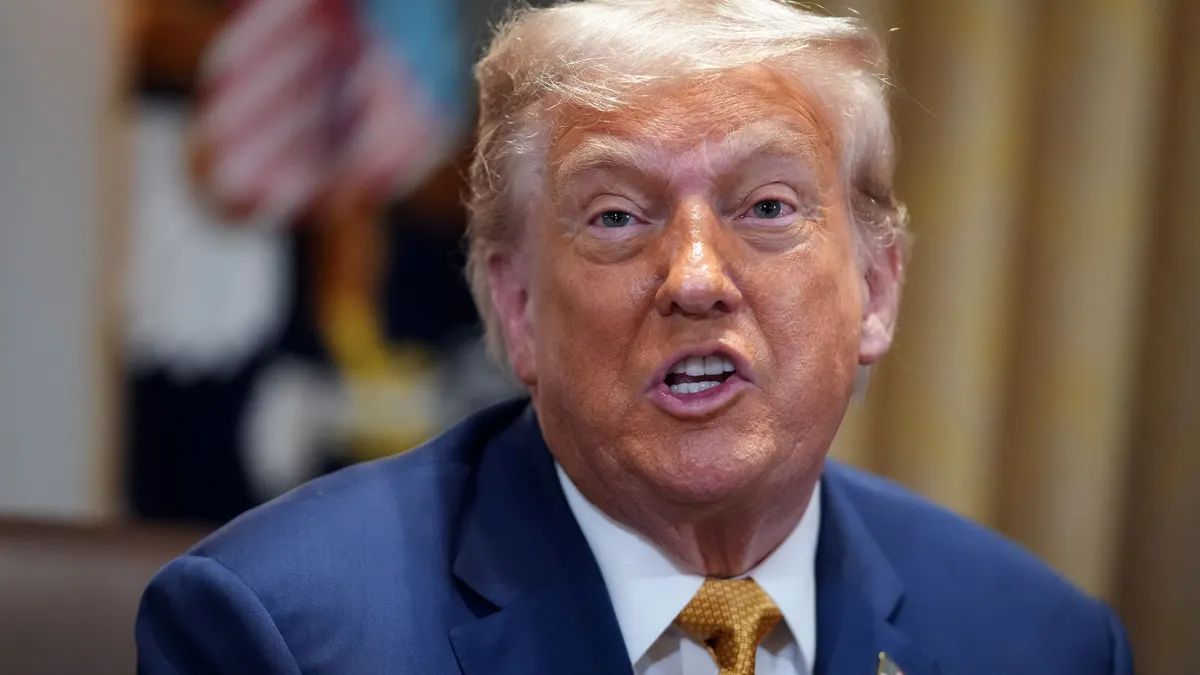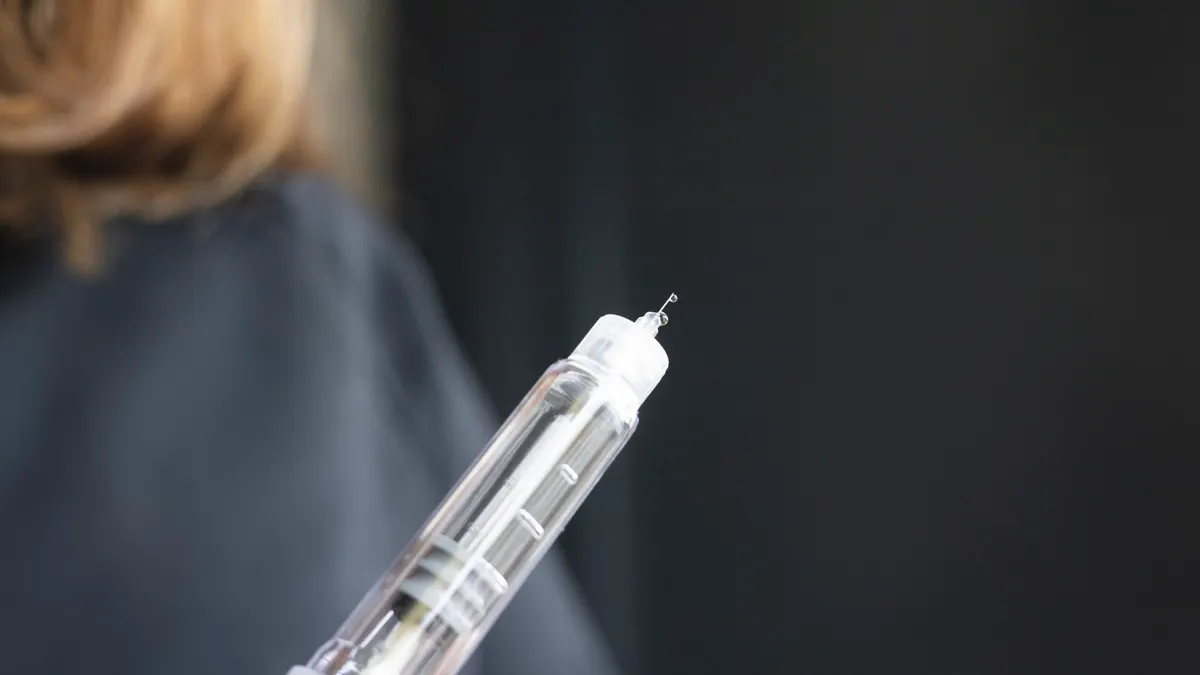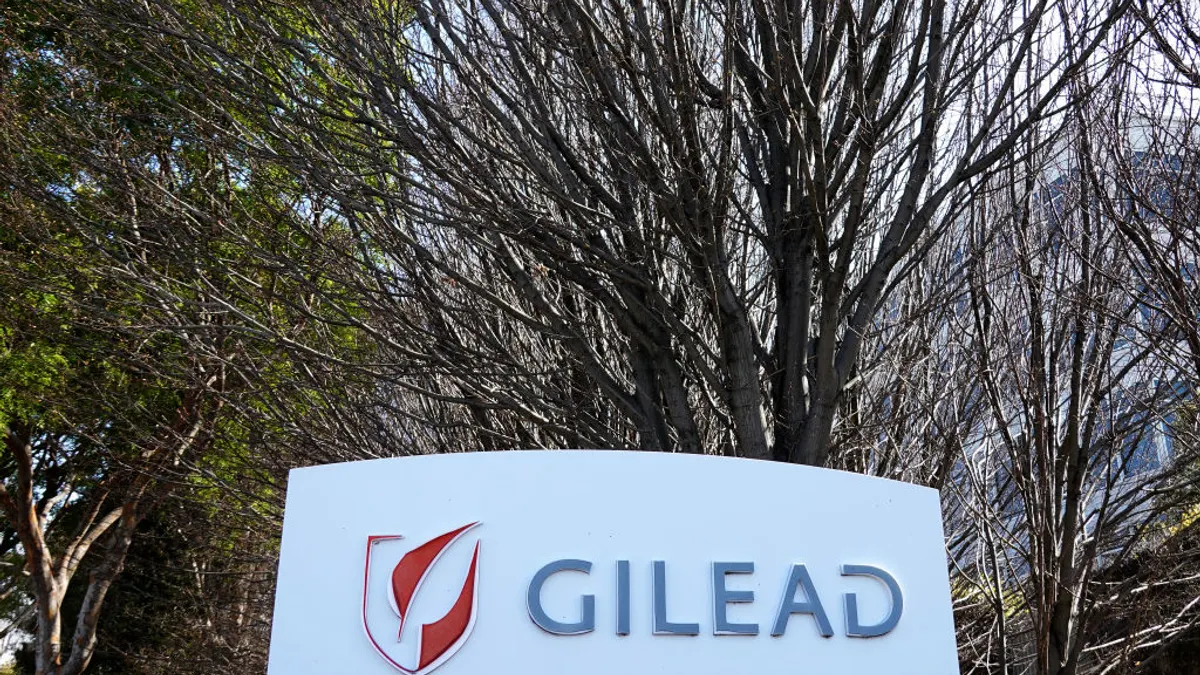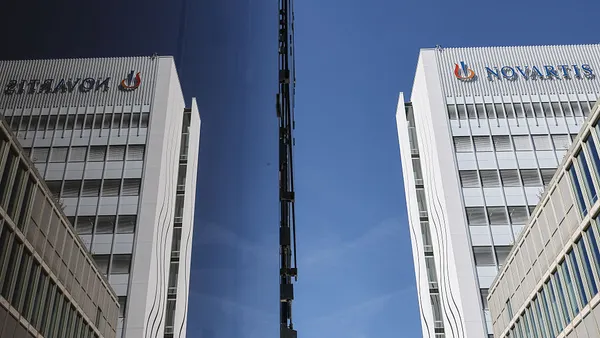The Biden administration is cracking the whip against anticompetitive corporate practices — and the pharma industry seems to be its ideal prey.
Last year, the Federal Trade Commission announced it was ramping up enforcement of illegal rebate schemes for brand-name pharmaceuticals that harm generic and biosimilar competition, and began a study looking into the business practices of pharmacy benefit managers.
Now, buoyed by a provision passed in the omnibus spending package that increases filing fees for large mergers by as much as 700%, the FTC and the Department of Justice will have more funding to investigate these antitrust issues this year. In fact, Sen. Amy Klobuchar (D-MN), who co-authored the measure along with Sen. Chuck Grassley (R-IA), said in a statement after its passage that “by restructuring outdated merger filing fees” Congress intended to “get much-needed resources to our antitrust enforcers so they can protect competition.”
For any deal over $500 million, the new fee will double from $125,000 to $250,000 and will increase even higher for deals $1 billion. The fees for any deal worth over $5 billion will jump from $280,000 to over $2 million.
The FTC's new fee structure for mergers
The agencies are also trying to bolster and broaden their internal antitrust policies. After soliciting public comment over the summer, the FTC and DOJ plan to publish a modernized version of the federal merger guidelines aimed at strengthening their enforcement capabilities. It’s unclear when the guidelines might be finalized, but companies should be prepared, said Robert Wells, a healthcare compliance attorney with Baker Donelson.
“When those are finalized, the U.S. attorneys will start testing them out,” Wells said. “The Justice Department and the FTC will try to take the training wheels off very quickly.”
And pharma companies could be in the direct line of fire, as officials at both the FTC and DOJ have highlighted the need for increased oversight of the industry.
During a keynote speech at the American Bar Association’s Antitrust in Healthcare conference last spring, Deputy Assistant Attorney General Andrew Forman argued that “vigorous competition in healthcare means lower costs for drugs and procedures, increased quality of care, additional lifesaving innovations and more good-paying jobs.” He also suggested that “protecting competition in healthcare is among the highest priorities of the Antitrust Division” of the DOJ.
To add more pressure, Sen. Elizabeth Warren (D-MA) sent a letter to the FTC commissioners last month urging them to scrutinize two major pharma mergers: the deals between Horizon Therapeutics and Amgen, and Indivior and Opiant.
“Given these companies’ records of anticompetitive business practices, these acquisitions could cause further price increases on lifesaving drugs and prevent affordable alternatives from entering the market,” she wrote in the letter.
The commission hasn’t responded to Warren’s request, but if its policy priorities and past actions are any indication, those and other potential pharma mergers could become subject to government probes.
A historical target
The focus on pharma mergers isn’t new.
“Except for the brief respite that the pharma industry got due to COVID, I don't feel like there has been any period of time where the pharmaceutical industry was not an enforcement priority at the Department of Justice,” Wells said.
In fact, the largest divestiture the FTC and DOJ ever required was for a pharma merger when they mandated Celgene drop its psoriasis treatment Otezla for $13.4 billion during its merger with Bristol Myers Squibb in 2019.
The FTC's non-merger enforcement actions slowed during the COVID-19 pandemic
During the pandemic, the number of FTC nonmerger enforcement actions — including permanent injunctions, consent orders and administrative complaints — dropped below average, but merger enforcement actions stayed at relatively the same level.
The heightened scrutiny of pharma over other highly regulated industries is due to the federal funding companies receive through programs like Medicare and Medicaid, Wells said.
Out of the 156 merger enforcement actions the FTC took against healthcare companies between 1996 and 2021, most were targeted at pharma, with 73 actions against prescription drug developers. Prescription drug makers also received more merger enforcement actions than any other industry, including the manufacturing and energy sectors, during that time.
Pharma has faced more FTC merger enforcement than any other healthcare sector
And over 45% of the FTC’s non-merger antitrust complaints between 2009 and 2022 were in the healthcare sector, with over half in pharma.
What’s different now?
While pharma has historically been an antitrust target, Wells said the agencies’ areas of focus have shifted over time. The throughline is “any actions that have an undue effect on clinical decision making. Those types of areas will continue to get scrutiny,” he said.
Based on agency comments over the summer, companies undergoing a merger who have been found guilty of anticompetitive behavior in the past are likely to face increased scrutiny under the anticipated updated guidelines. During a two-day workshop for the pharmaceutical industry last year, FTC Chair Lena Khan also suggested that the agency may more closely examine whether pharmaceutical mergers impact nascent competition.
She said the agency has “seen empirical reports showing that killer acquisitions, or acquisitions made for the purpose of shutting down potential competitors, may be relatively common in the pharmaceutical industry.”
The agencies are considering adjusting how they define anticompetitive behavior for pharma mergers to go beyond looking at traditional molecule and indication overlaps. Broadly, they are also contemplating looking at the cross-market effects and impact on innovation of mergers in the future. These investigations could probe how trials are conducted, how drugs are delivered and whether platform technologies could have wider applications in field beyond what they are currently being used for.
Overall, Wells argued that “pharmaceutical industry consolidation is an area where we are likely to see increased scrutiny and increased enforcement activity in the near-term … particularly situations that might appear to be anticompetitive — so big fish swallowing a little fish to eliminate competition.”



